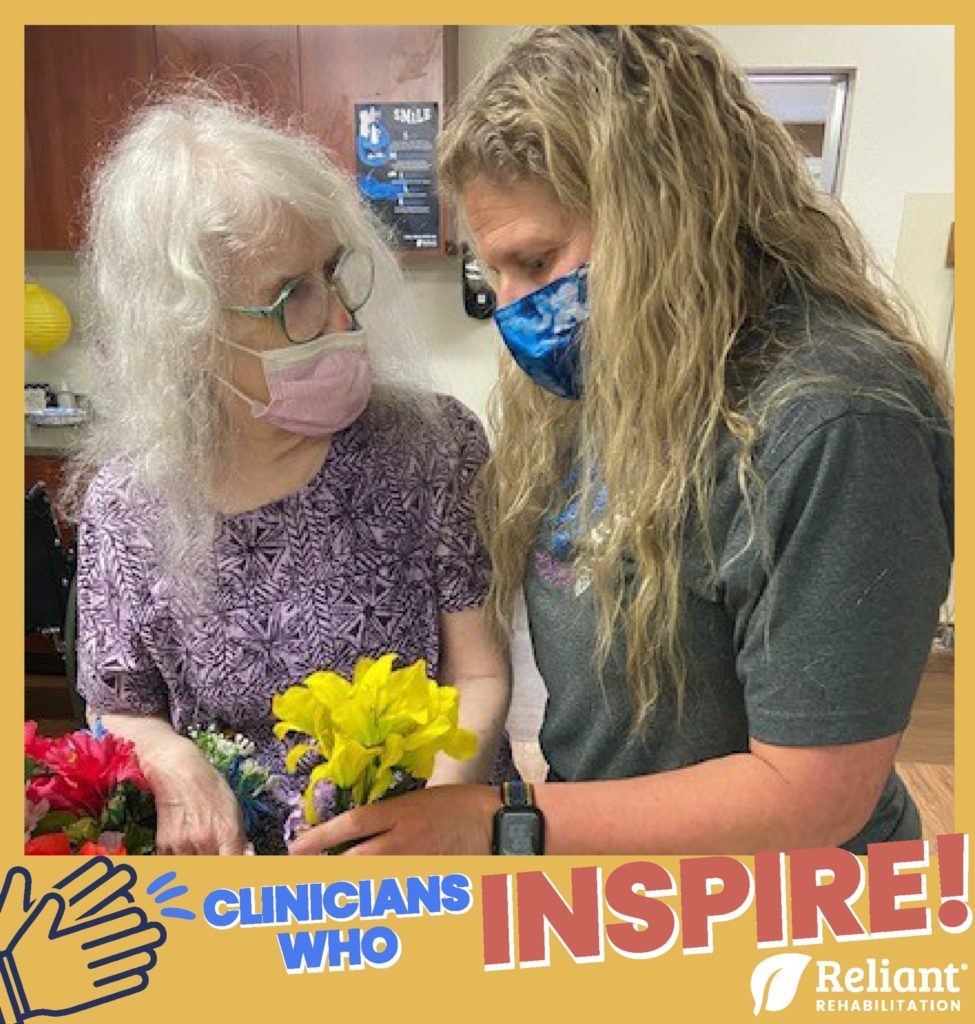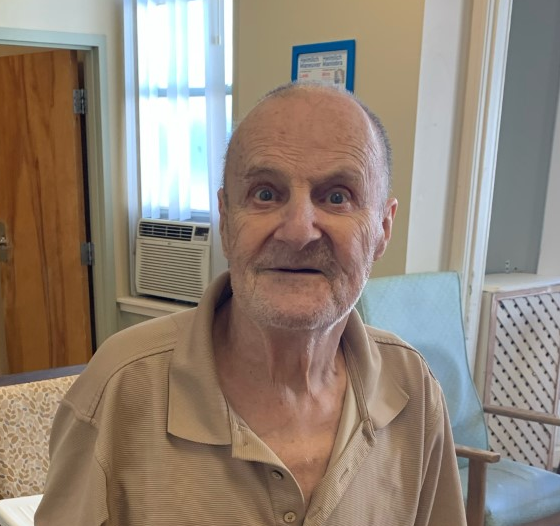
Through the Clinicians Who Inspire series, we continue to share motivation, creativity, and inspiration from clinicians in the field. This month, we spoke with Alyssa Stead, COTA/DOR and Champion Level II therapist from Avalon Care Center Sonora. Alyssa shared that though there have been challenges over the past two years, a shifted mindset has allowed the therapy team and residents something to look forward to.
As residents within the dementia unit were isolated from typical routines and interactions during the pandemic per federal guidance, Alyssa and her team took the initiative to create opportunities for meaningful participation. They obtained information about their residents’ interests and created kits that included materials for activities according to those interests. Through participation in these activity kits, Alyssa saw not only satisfaction from the residents, but also a decrease in some of the potential challenging behaviors that presented on their dementia unit. This successful intervention was something that both the residents and therapists could be excited about.
Even as the residents begin to regain a sense of normalcy, these activity kits remain relevant and beneficial. Alyssa Stead, COTA/DOR shared a quote that has always stuck with her, “People don’t care how much you know, until they know how much you care.” Taking the time to learn what is meaningful and motivating to a resident can go a long way in showing that you care.
Thank you, Alyssa and team at Avalon Care Center Sonora, for shifting your mindset and exemplifying Care Matters!


